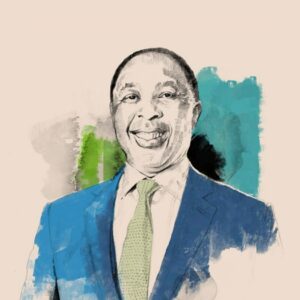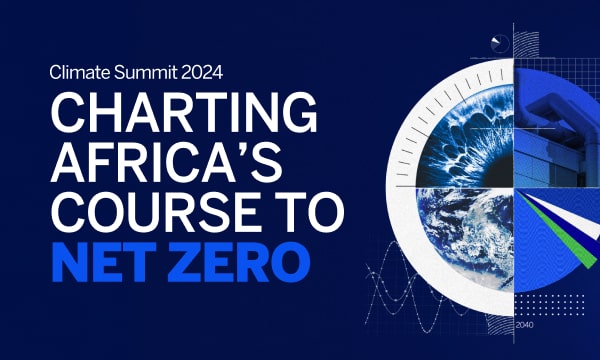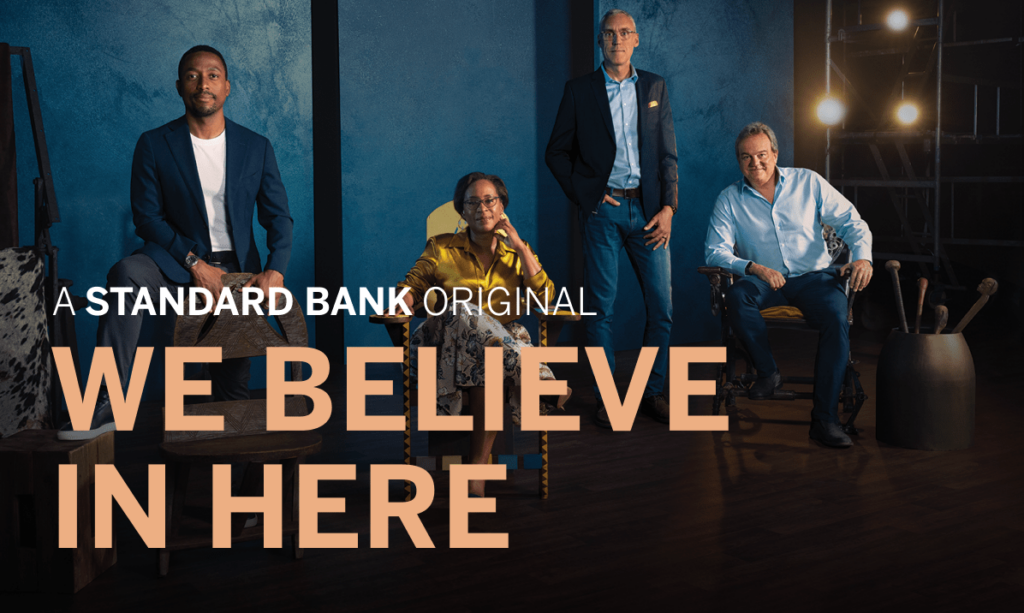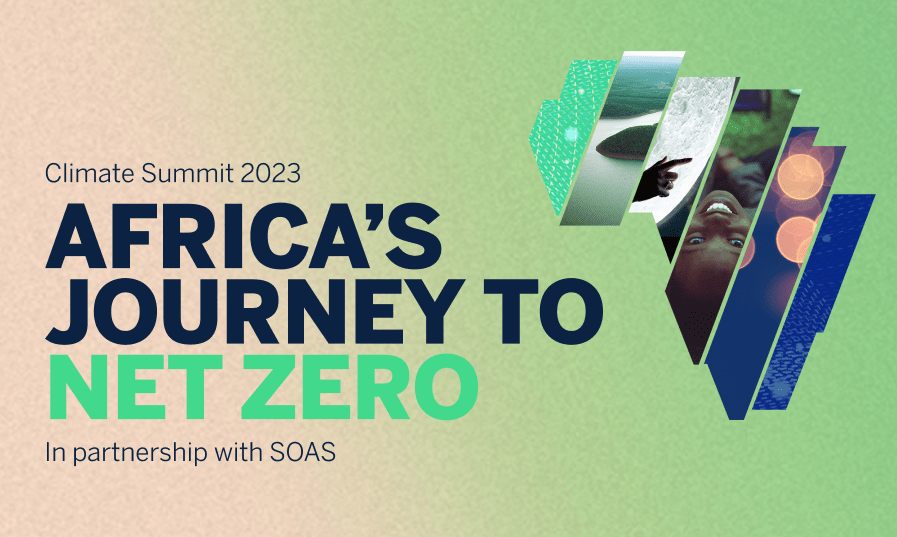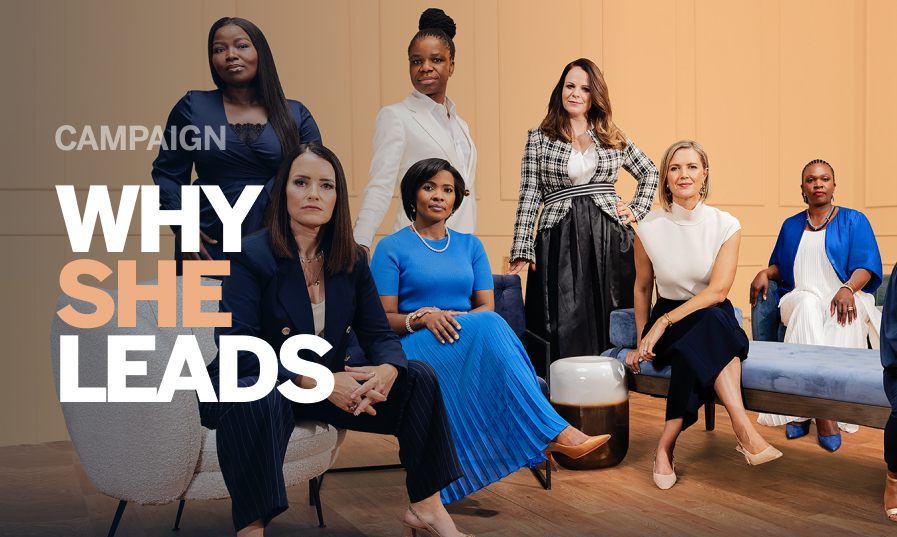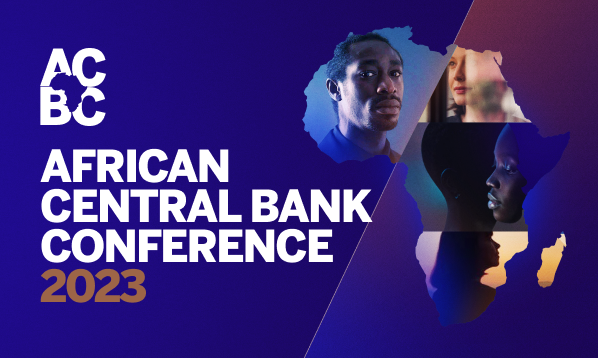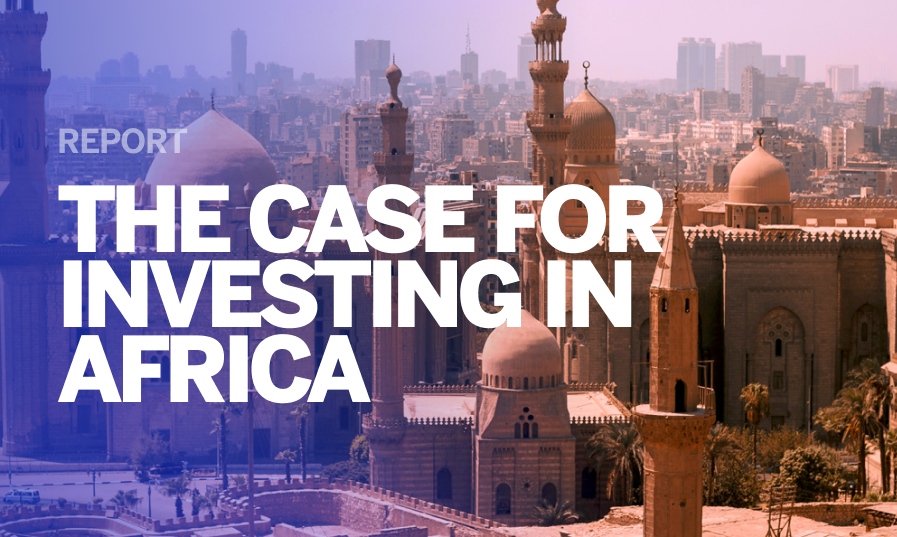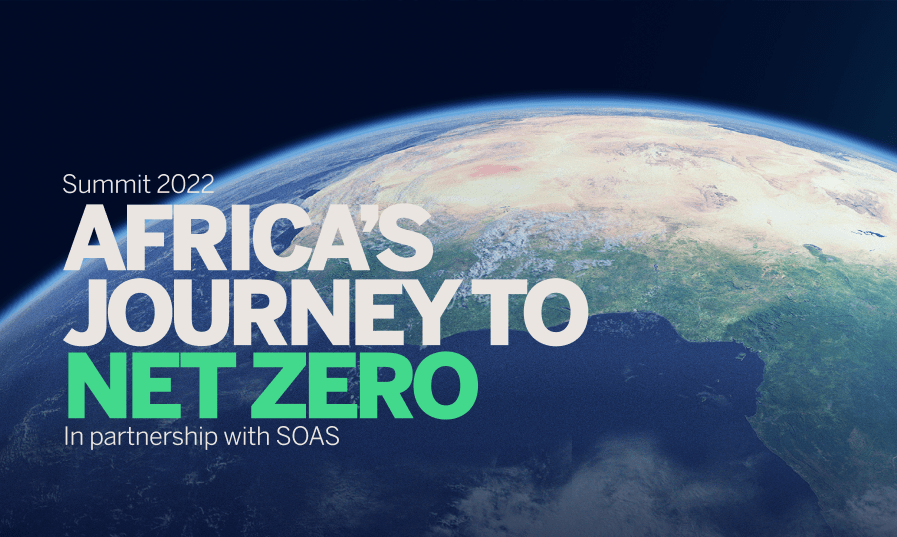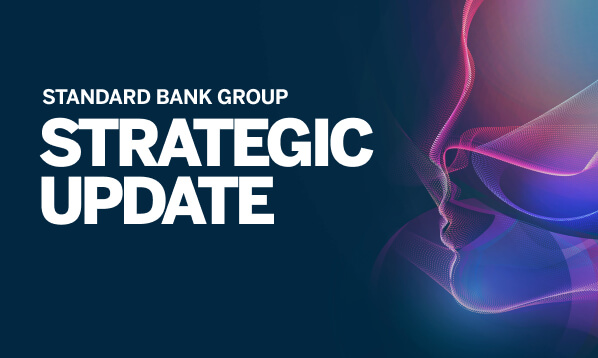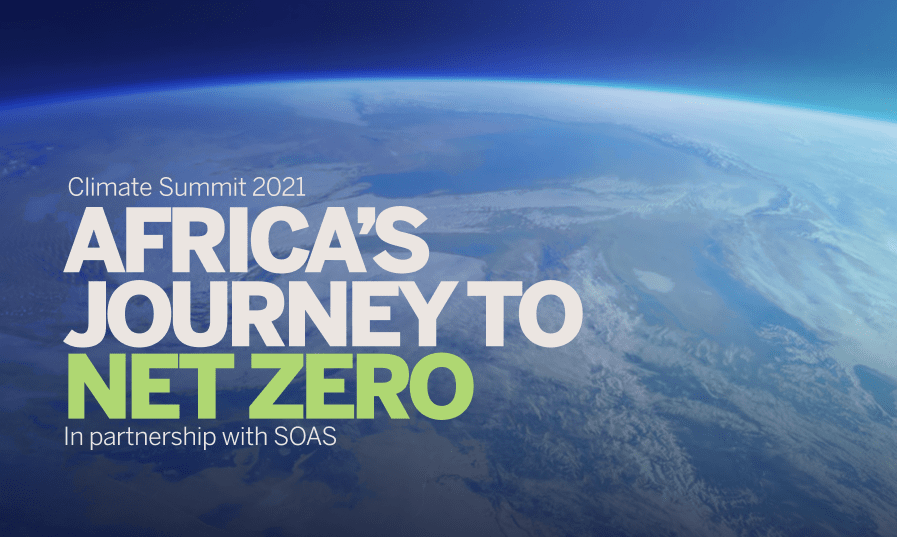Kenny Fihla, Chief Executive Officer, Corporate and Investment Banking, Standard Bank Group, highlights what one can expect from their third annual Climate Summit and explains why ESG is no longer optional: it’s a core business competency Standard Bank takes seriously.
Given Africa’s unique energy and socio-economic needs, the Standard Bank Climate Summit in collaboration with the University of London’s School of Oriental and African Studies (SOAS) was launched in 2021 with the aim to amplify Africa’s voice on the journey to net zero. Building on the success of the previous two Summits, those attending Standard Bank’s third Summit can expect to hear from some of the continent’s leading voices in tackling climate change, managing its risks and capitalising on its opportunities.
This year, on the 18th October, the Summit will continue with the important dialogues on the energy transition as well as climate impacts, opportunities and risks. Given the extent and reach of climate change, two new panels have been introduced. While how we produce and consume energy is pivotal to sustainability and its impact on carbon emissions, other sectors play a crucial role in facilitating a just transition. Therefore, delegates can expect to understand how climate change is reshaping their industries and what implications it holds for their businesses in our panel on scaling up industry transitions. Lastly, as climate change demands global action, the Summit will wrap up with a robust discussion, meeting of the minds, examining how the global North and South can jointly tackle climate change in a just and equitable manner.
In 2022 Standard Bank launched its Climate Policy, committing to achieve net zero carbon emissions from its newly built facilities by 2030, from existing ones by 2040, and from its portfolio of financed emissions by 2050. The policy adopts a balanced approach, marrying the challenges of climate change with Africa’s imperative for reliable energy – an essential driver for economic growth and poverty alleviation in tandem with the United Nations Sustainable Development Goals. The policy also sets forth ambitious targets in accelerating renewable energy investment. The emphasis on renewable energy is key for a diversified, net zero carbon future for the continent. Last year, Standard Bank’s financing of renewable energy exceeded its financing of non-renewable energy by 439%. To put that in context: Standard Bank financed R4.39 in renewable energy for every R1 of funding towards non-renewable power last year. That’s significant, given that the Group is Africa’s biggest lender by assets.
Results in the future require action today. By setting our sights on the future, addressing both societal and environmental concerns, and guiding our clients towards sustainable practices, we champion a just energy transition. Sustainability is pivotal for Africa’s progress – the social, environmental, and economic dimensions. In order to move Africa forward to a sustainable and inclusive future, all parts of society need to unite in driving positive impact. It is with this vision we introduce our newsletter, ‘Sustainability Matters’. Our goal is to ignite action through stories of impact – showcasing transformative projects, deals, and funds – to inspire sustainable pathways and invite investment and innovation to the continent we call home.
As you’ll see in our first edition of the newsletter, we are acting now to double down on positive impact. This year stands to be even busier: to date in 2023 the Group has already seen some landmark Sustainable Finance deals.
In VITAL VOICES we unpack one such transaction. The Standard Bank of South Africa (SBSA), Stanbic Bank Kenya and Stanbic Bank Uganda acted as mandated lead arrangers with SBSA appointed as sustainability coordinator for two sustainability-linked multi-currency facilities (valued at a combined $202 million) that will enable Kenya-based asset financing platform M-KOPA to unlock $7 billion worth of credit for unbanked people by 2026.
In DEAL INTEL Sasha Cook, Head of Sustainable Finance at Standard Bank Corporate and Investment Banking, looks at other Sustainable Finance deals that the Group has facilitated so far this year. She picks up a key theme: across the board, there is a clear integration of sustainability, it is now baked into organisations’ thinking. ESG is no longer a little green flag waved by a few passionate people. It’s a core business competency.
Africa is our home, we drive her growth. We invite you to delve deeper into our commitment to Africa’s sustainability. Watch ‘We Believe In Here’ to witness first-hand the essence of our bond with the continent and our unwavering dedication to her progress.
In IN CASE YOU MISSED IT you’ll hear from Brian Marshall, Head of Investment Banking at Standard Bank Corporate and Investment Banking, who shares how sustainability is at the heart of the bank’s mergers and acquisitions, capital markets and lending businesses across Africa.
While the ‘E’ in ESG often dominates discourse due to the global climate crisis, a holistic approach to sustainability encompasses Social and Governance aspects too. As we move forward, we are eager to witness the evolution and deeper integration of these principles in every facet of our operations.
Kenny Fihla
Chief Executive Officer, Corporate and Investment Banking, Standard Bank Group



